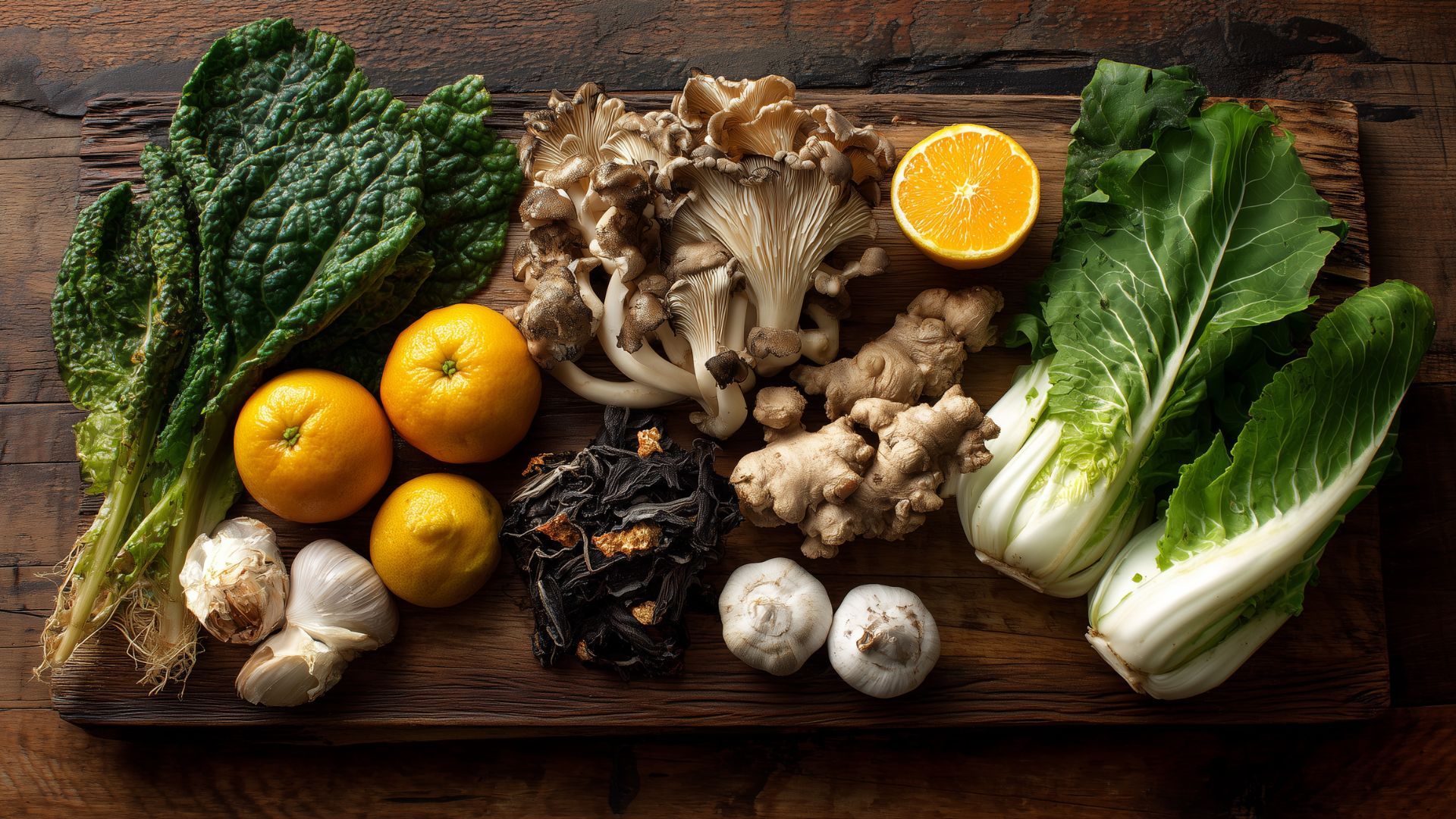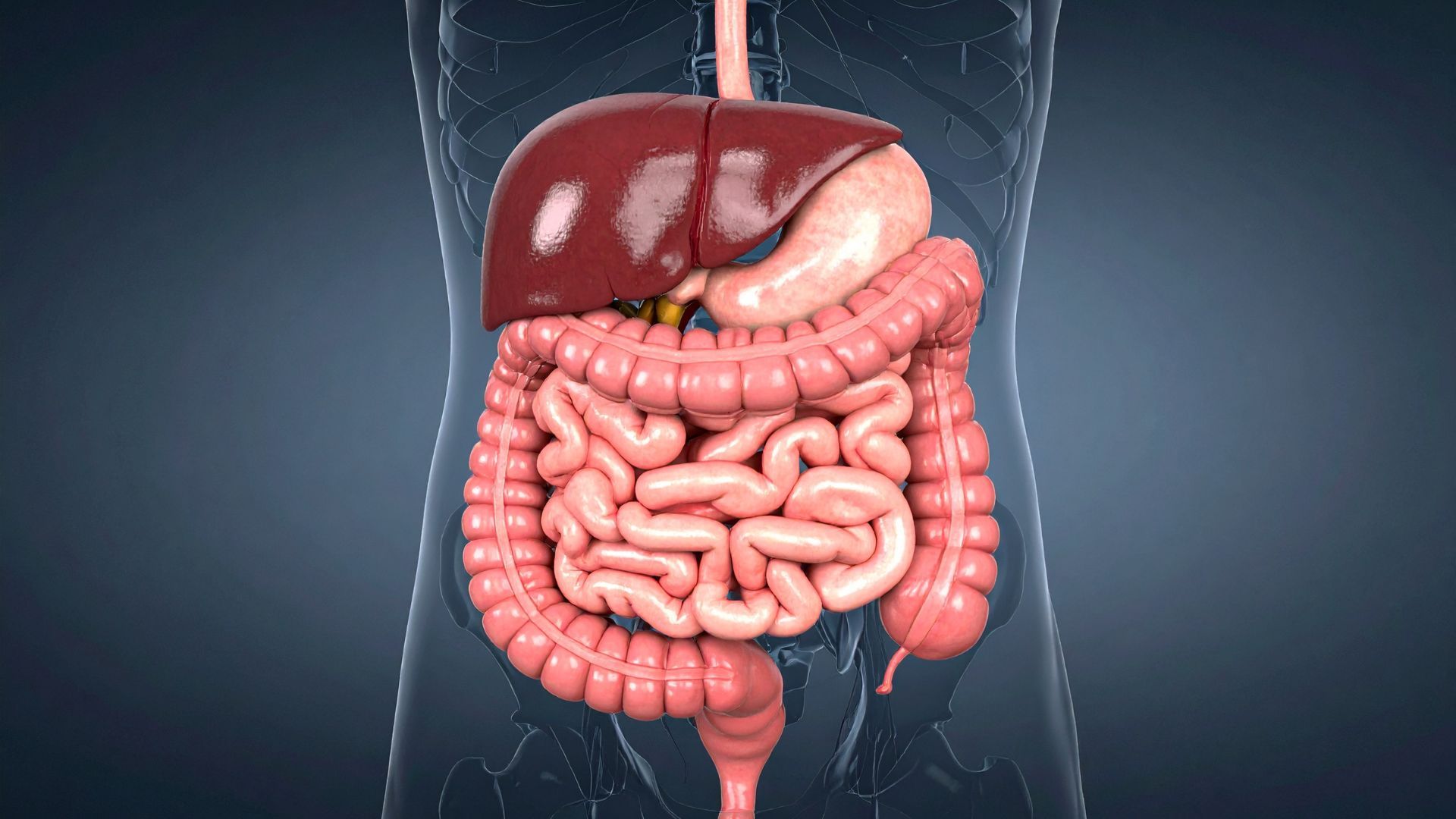Introduction to Culinary Medicine: Combining Nutrition and Cooking
Jul 10, 2024
In recent years, the field of culinary medicine has emerged as an innovative approach to healthcare that combines the art of cooking with the science of nutrition. This holistic approach emphasises the role of food in maintaining health, preventing disease, and managing chronic conditions. This article provides an introduction to culinary medicine, exploring its principles, benefits, and practical applications.
What is Culinary Medicine?
Culinary medicine is an evidence-based field that blends the culinary arts with medical science. It focuses on teaching individuals how to prepare and enjoy foods that promote health and prevent illness. Unlike traditional nutrition education, which often emphasises theoretical knowledge, culinary medicine provides hands-on cooking experience, empowering people to make healthier food choices in their daily lives.
The Principles of Culinary Medicine
-
Whole Foods Focus Culinary medicine advocates for a diet rich in whole, minimally processed foods. This includes fruits, vegetables, whole grains, lean proteins, and healthy fats. These foods provide essential nutrients and are associated with a lower risk of chronic diseases.
-
Seasonal and Local Ingredients Using seasonal and locally-sourced ingredients is a cornerstone of culinary medicine. These foods are often fresher, more nutritious, and environmentally sustainable. This practice also supports local farmers and economies.
-
Balanced Nutrition Culinary medicine emphasises the importance of balanced meals that include a variety of food groups. This ensures that individuals receive a wide range of nutrients necessary for optimal health.
-
Cultural Relevance Recognising and incorporating cultural food practices is crucial in culinary medicine. This approach respects individual preferences and traditions, making healthy eating more accessible and enjoyable.
-
Mindful Eating Culinary medicine encourages mindful eating practices, which involve paying attention to hunger and fullness cues, savouring each bite, and enjoying the eating experience. This can help prevent overeating and promote a healthier relationship with food.
Benefits of Culinary Medicine
-
Disease Prevention Numerous studies have shown that a diet rich in whole, plant-based foods can prevent or reduce the risk of chronic diseases such as heart disease, diabetes, and cancer. Culinary medicine empowers individuals to incorporate these foods into their daily meals, promoting long-term health.
-
Improved Management of Chronic Conditions For those already living with chronic conditions, culinary medicine offers practical tools to manage their health through diet. For example, individuals with diabetes can learn to prepare low-glycemic meals that help control blood sugar levels.
-
Enhanced Mental Health The nutrients found in whole foods, particularly omega-3 fatty acids, vitamins, and minerals, have been shown to support brain health and reduce symptoms of depression and anxiety. Culinary medicine provides recipes and cooking techniques that incorporate these nutrients.
-
Weight Management By focusing on whole, nutrient-dense foods and mindful eating practices, culinary medicine can help individuals achieve and maintain a healthy weight. Preparing meals at home also allows for better portion control and reduces reliance on calorie-dense, processed foods.
-
Empowerment and Education Culinary medicine equips individuals with the knowledge and skills to take control of their health. Learning to cook nutritious meals can be empowering, fostering a sense of accomplishment and self-efficacy.
Practical Applications of Culinary Medicine
-
Cooking Classes and Workshops Many healthcare providers and community organisations offer cooking classes and workshops that teach culinary medicine principles. These hands-on sessions provide participants with practical skills and confidence to prepare healthy meals at home.
-
Medical Education Some medical schools and residency programs have begun to incorporate culinary medicine into their curricula. This training helps future healthcare professionals understand the connection between diet and health and equips them to counsel patients on nutrition effectively.
-
Personalised Nutrition Plans Culinary medicine practitioners often work with individuals to create personalised nutrition plans that consider their health status, dietary preferences, and lifestyle. These plans typically include customised recipes and cooking tips.
-
Culinary Medicine Centres Dedicated culinary medicine centres are emerging in hospitals and wellness centres. These facilities offer comprehensive programs that include nutrition education, cooking classes, and individualised dietary counselling.
Conclusion
Culinary medicine represents a powerful approach to health and wellness, blending the joys of cooking with the benefits of nutrition science. By embracing the principles of culinary medicine, individuals can enhance their health, prevent disease, and cultivate a deeper appreciation for the foods they eat. Whether you are a healthcare professional, a culinary enthusiast, or someone looking to improve your health, culinary medicine offers practical tools and insights to help you on your journey. Remember, the path to better health begins in the kitchen, with every meal you prepare.






